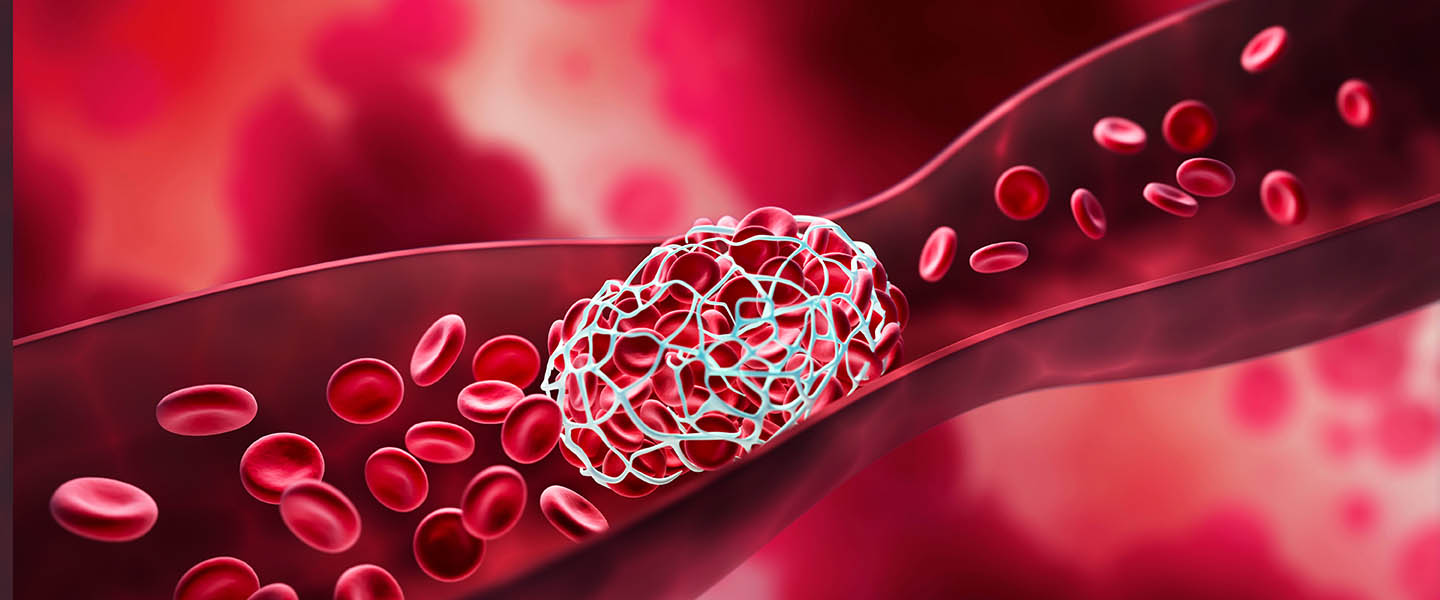
Blood disorders are a group of conditions that refers to the inability of the blood to clot properly. In normal blood clotting, the platelets – the blood cell that controls bleeding – groups together and form a plug (or scab) at the site of an injured blood vessel. Proteins in the blood forms a fibrin clot, essentially a gel plug, which holds the platelets in place and allows healing to occur at the site of the injury while preventing blood from escaping the blood vessel.
While too much clotting could lead to serious, life-threatening conditions such as heart attacks and strokes, the inability to form clots can be very dangerous as well, as it results in excessive bleeding from either too few or abnormal platelets, abnormal or low amounts of clotting proteins, or abnormal blood vessels.
There are three forms of blood clotting disorders that we assess:Thrombophilia
Coagulopathy
Platelet Disorders
Thrombophilia refers to a condition where the blood forms clots quicker than normal, causing problems such as deep vein thrombosis (vein lying deep below the skin, often precipitated by immobility during illness or long-distance travel) or pulmonary embolism (the sudden blockage of a major blood v essel in the lung).
There are different types of thrombophilia, some are inherited and some develop in adult life. Thrombophilia is often mild and requires no treatment. However, in some cases, thrombophilia may present severe symptoms of blood clotting that might require immediate treatment.
Coagulopathy refers to a condition in which the blood’s ability to clot is defective. Coagulopathy causes prolonged or excessive bleeding which may be spontaneous, following an injury, or following medical or dental procedures.
Coagulopathy may be caused by reduced levels or absence of blood-clotting proteins, known as clotting factors or coagulation factors. The normal clotting process depends on the functionality of various proteins in the blood.
Coagulopathy may also occur as a result of dysfunction or reduced levels of platelets. Because coagulopathy causes uncontrolled internal or external bleeding, it is considered life-threatening and requires immediate medical attention.
Platelets are a type of blood cell that plays an important role in healing injuries that result in bleeding. By helping the body to form blood clots, platelets are essential to stop the bleeding.
Some people, however, have platelet disorders, which is a condition where the platelets do not function the way they should. Platelet disorders may be caused by medications, diseases, or even certain foods, and are some of the most common blood disorders.